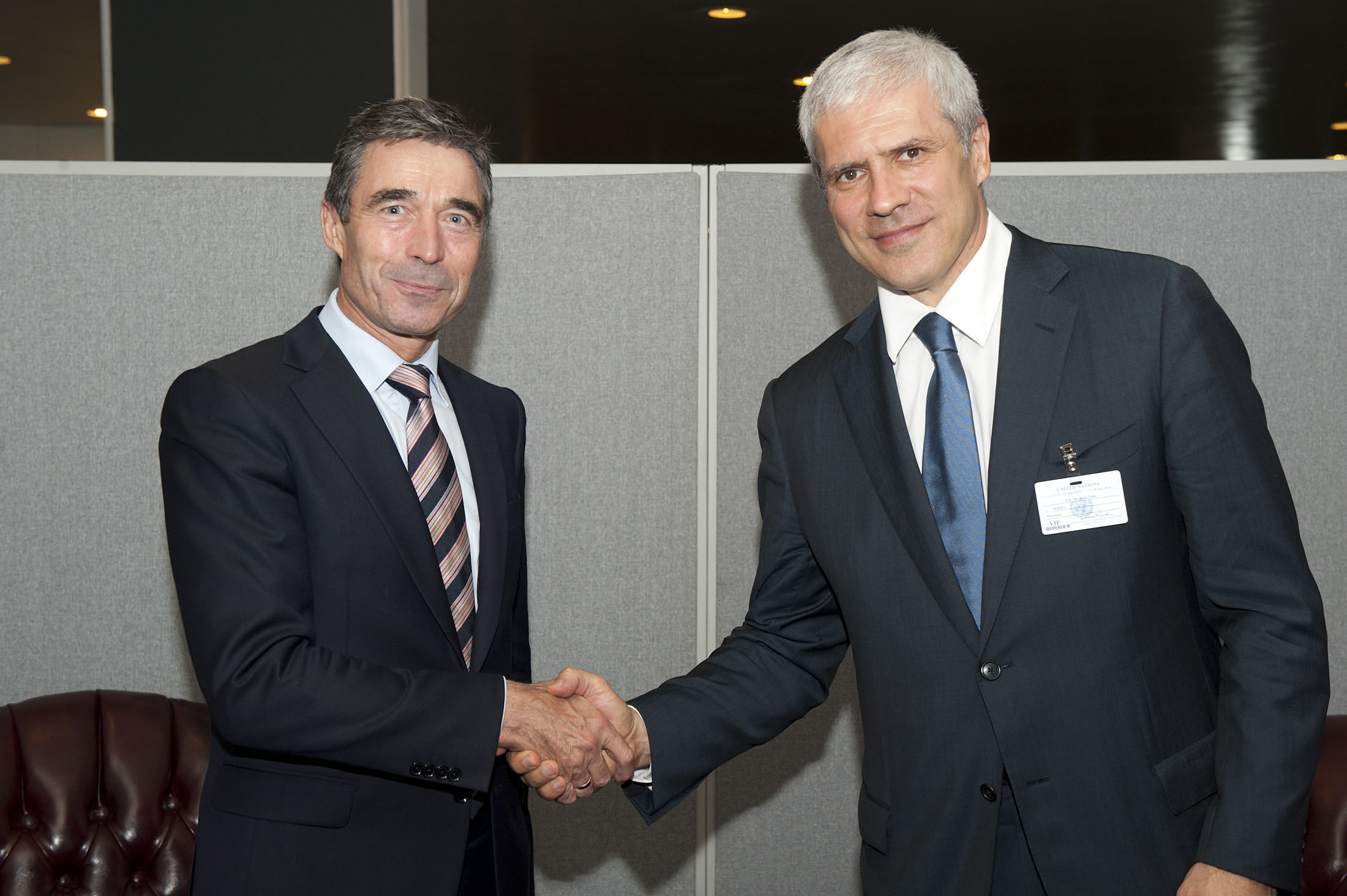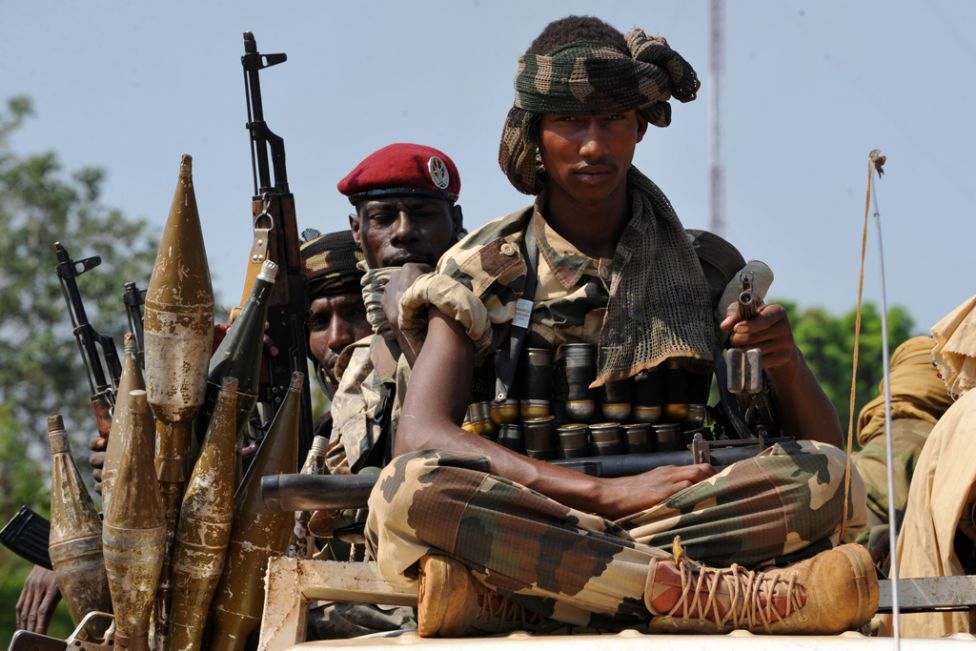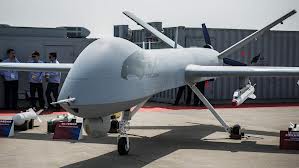Charles Kouri on NATO’s aid in demilitarizing Serbia as the key in bringing the Balkan State and the Organization closer together.
4. Programs
placeholder for programs
Today’s NATO from the Eyes of Hillary Clinton
Vivek Prabhu discusses Hillary Clinton’s perspective of the current status of NATO.
China Makes History: First Voyage through the Arctic
Hamza Salahuddin explores China’s Arctic ambitions.
R2P and the Central African Republic
Misha Boutilier on the need to intervene in the Central African Republic
Bitcoin, MintChip, and the Future of Money
Anderson Christie assesses Bitcoin’s Canadian competitor
An Undergraduate Degree in the Reserves?
Charles Kouri on the new Reserves Training Program at the University of Alberta.
The Cyber Siege of NATO
NATO is experiencing a growing number of cyber attacks, straining resources. Paul Pryce suggests a PR solution.
Keystone XL Pipeline Project: Union or Division?
Khemesse Diop discusses the Pros and Cons Keystone XL Pipeline Project
Asia’s Game of Drones
Brian Su discusses China’s little-discussed drones operations
NATO’s Counterterrorism Efforts
Krista Burns on NATO’s counterterrorism actions since 9/11.










